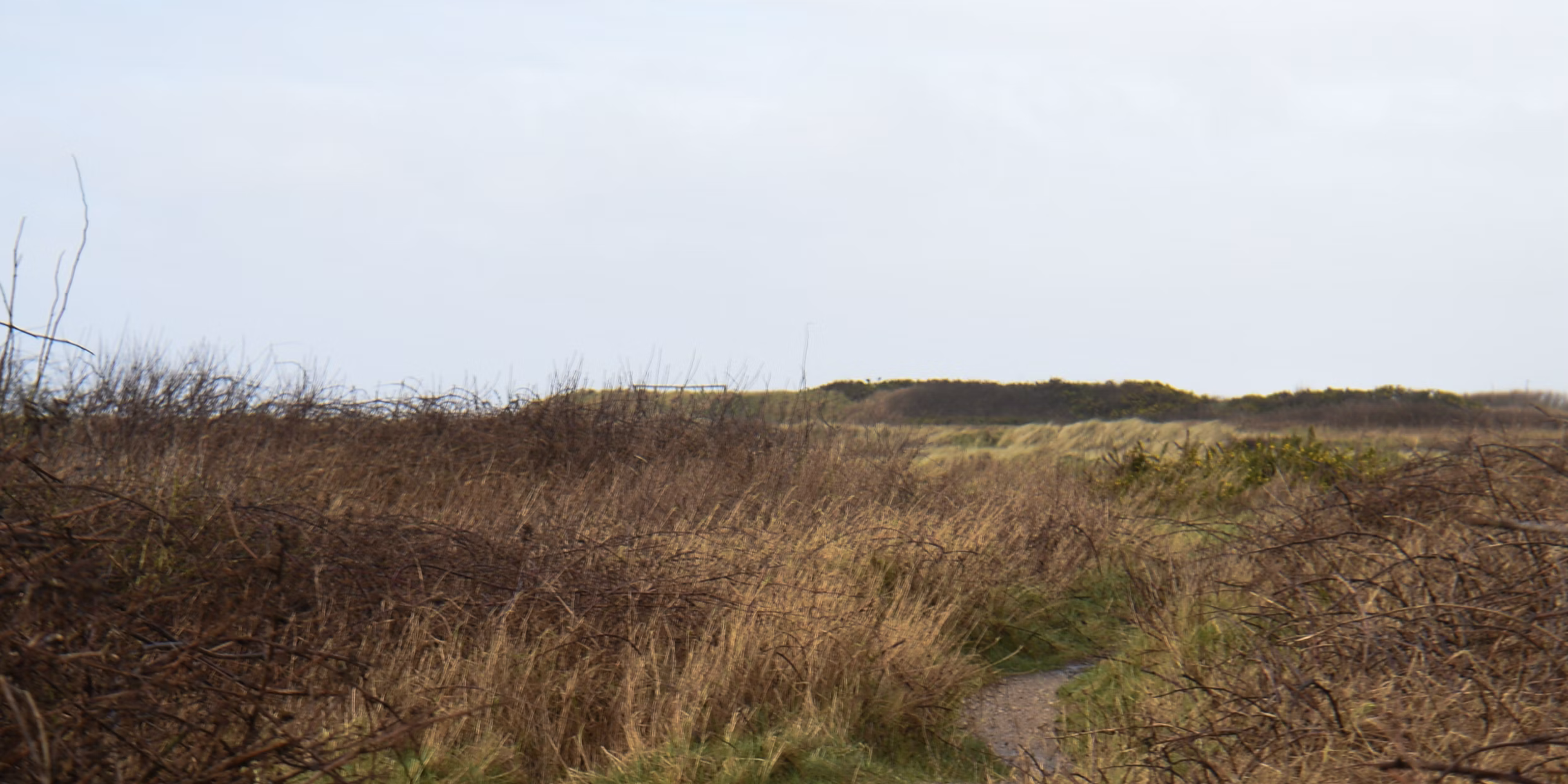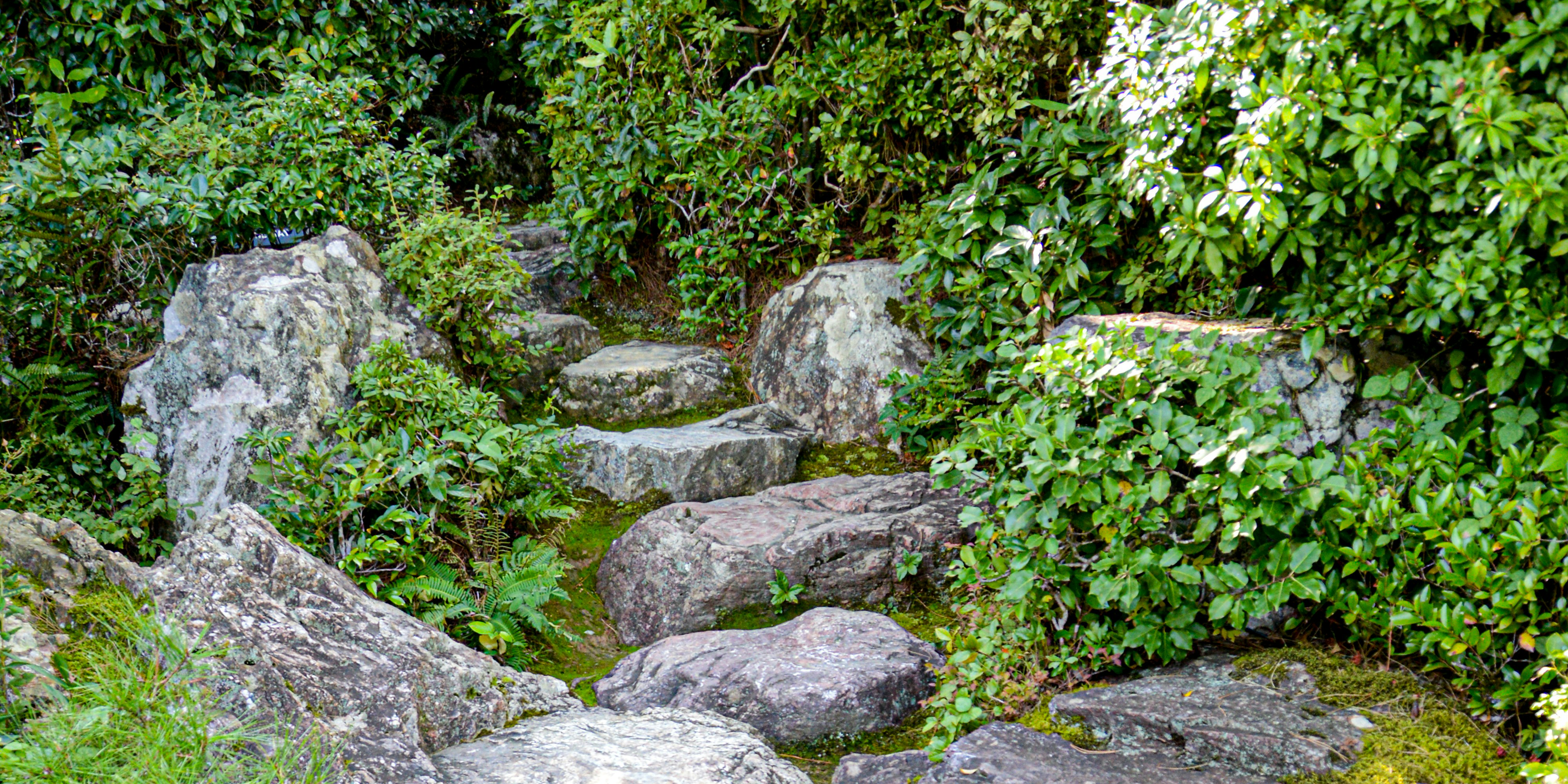There is no doubt that both government and industry across the globe have taken a much more stringent approach to environmental protection where placing the environment front and centre of business strategy is no longer a nice-to-have, but business critical. What started with triple bottom line reporting over a decade ago, has now grown into a fully-fledged business strategy – underpinned by specific ESG targets and unwavering commitments to meet these.
If we consider that 60 to 70% of the world’s ecosystems are facing depletion quicker than they can recover, this commitment to a sustainable future is critical to saving our planet and ensuring we leave behind a solid environmental legacy for future generations.
In Africa specifically, we are in the firing line with severe environmental challenges including deforestation, diminishing biodiversity, extreme waste challenges and the reduction of many crucial natural resources. However, we are home to 15% of the world’s population and so we have massive opportunity for sustainable growth – we just need to get it right.
As African people, we are resourceful and have a resilience that cannot be denied. It is these qualities that set us up for innovation in environmental leadership, together with a less mature environmental framework, leaving room for solid innovations and policy development that can certainly make a significant difference. We must look at new ways of protecting the planet and in Africa, we are seeing such eco-innovation, with climate science research being backed by global counterparts. In fact, in one example 21 incredible projects across Africa have been selected to receive US$2.5 million from an innovative initiative supporting Africa-led climate science research covering aspects such as measuring and monitoring the rollout of policies for effectiveness in Kenya, to improving knowledge to mainstream climate information and resilience in agriculture for economic development and reducing poverty in Ghana.
In South Africa legislation has traditionally driven environmental innovation and while this is certainly still the case, ESG coupled with a real environmental conscience is now also playing a central role in this innovative approach. Take the waste industry for example. Over the past 5 – 10 years, there have been huge advances in repurposing and reusing waste products to replace the need for natural resources as well as managing waste to reduce impact on such resources and meet legislative demands. However, as we head towards a more mature environmental policy in South Africa, we are seeing stringent, through-the-line collaborative policy decisions that are sure to drive rapid change.
The Extended Producer Responsibility (EPR) legislation is one such example and is aimed at ensuring that waste producers take responsibility for their products after consumer use. This ensures that from the inception of production, producers are already considering the impact of the waste generated from their products, taking into account the potential to reuse, recycle and recover the "waste" and find alternative measures to change the way in which these products are managed throughout their life cycle. This can be through the reutilisation of these materials back into the production process, or alternative solutions to produce other products, so that nothing is wasted and waste can be used for good. This eliminates the country’s ‘throw-away’ culture and promotes resilience and long-term sustainability for the local waste sector.
The Danone One Child One Desk project launched last year, is a key example of this – an initiative where used yogurt tubs are turned into desks for children attending Early Development Centres (ECD). While this is one example, this circular economy model is where we need to be headed – we need to look at new ways to address and protect our planet and its precious natural resources and it is this exact innovation in both waste production and management that will take us there!



SUBMIT YOUR COMMENT